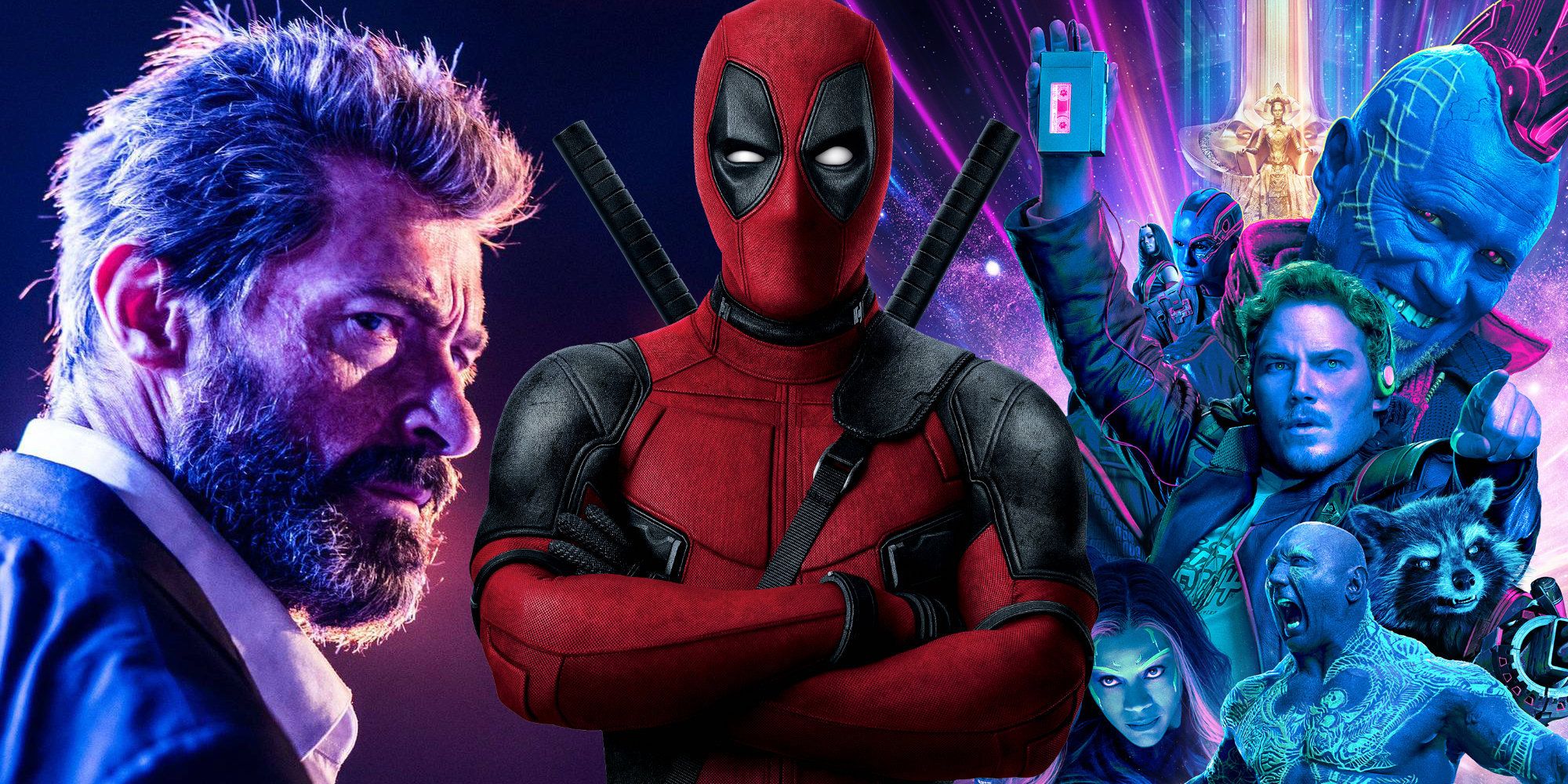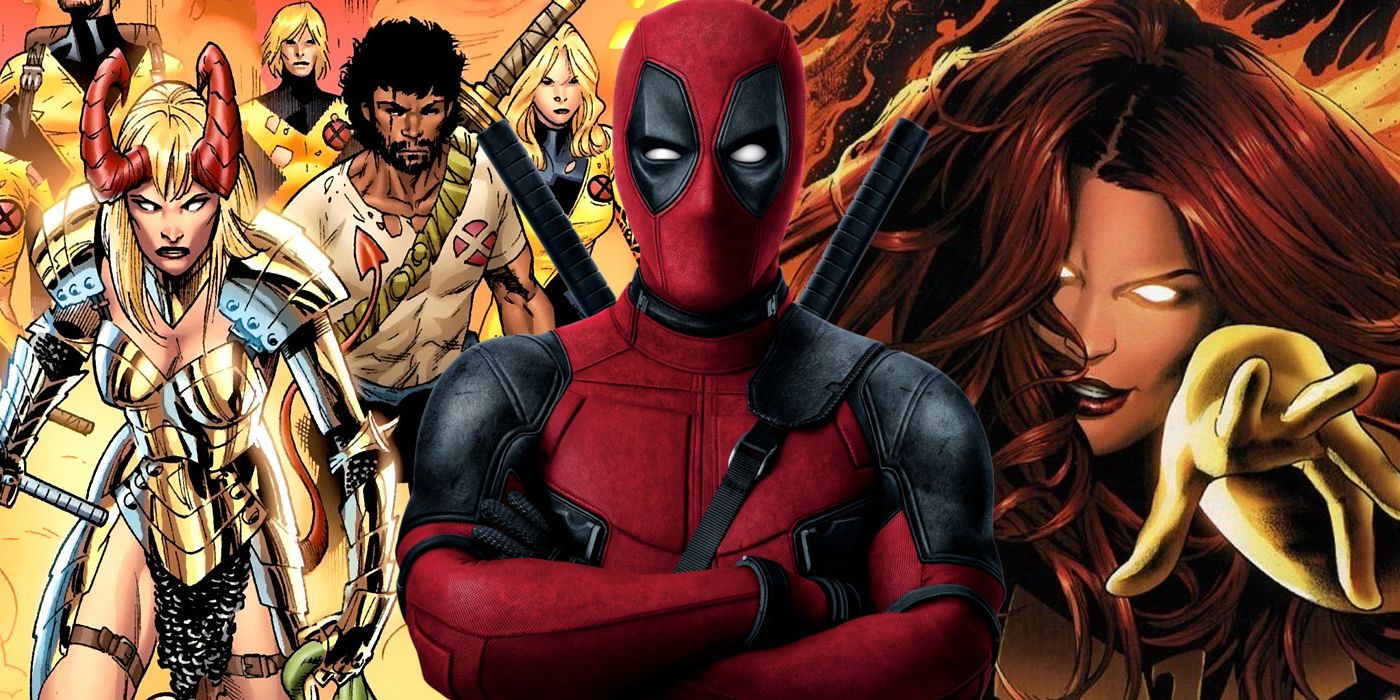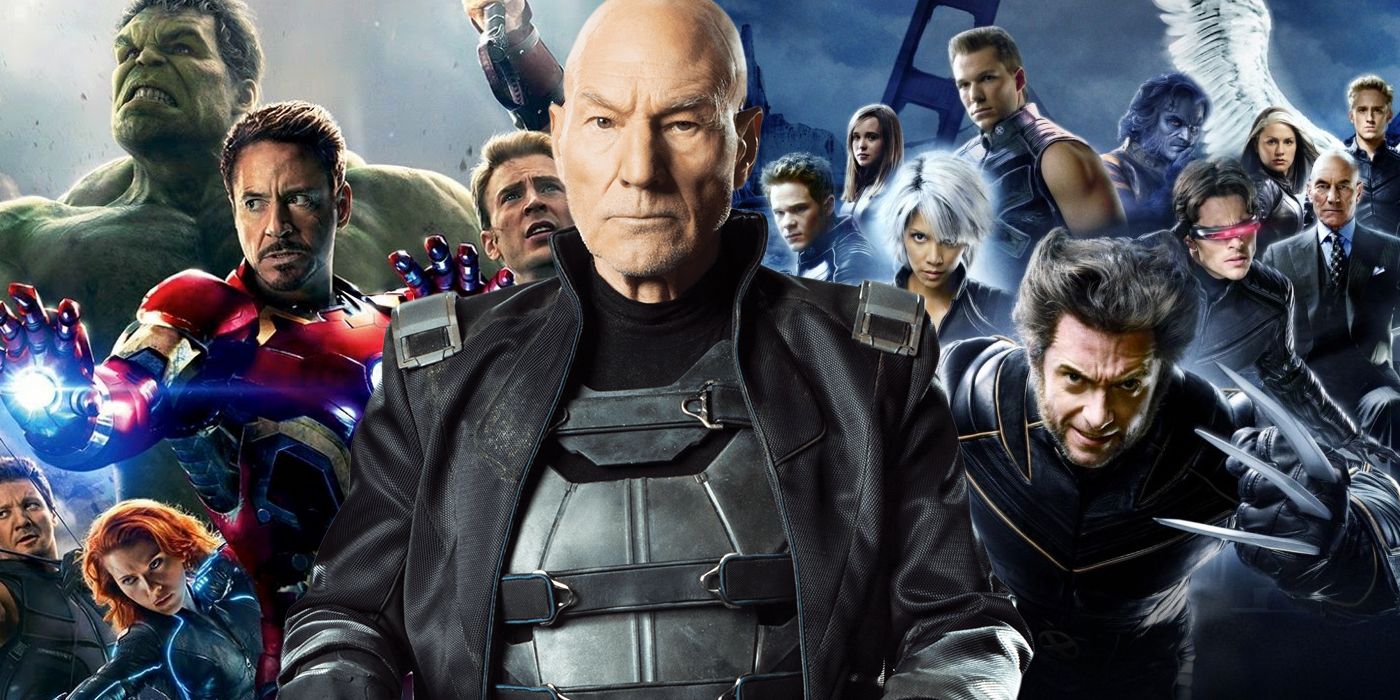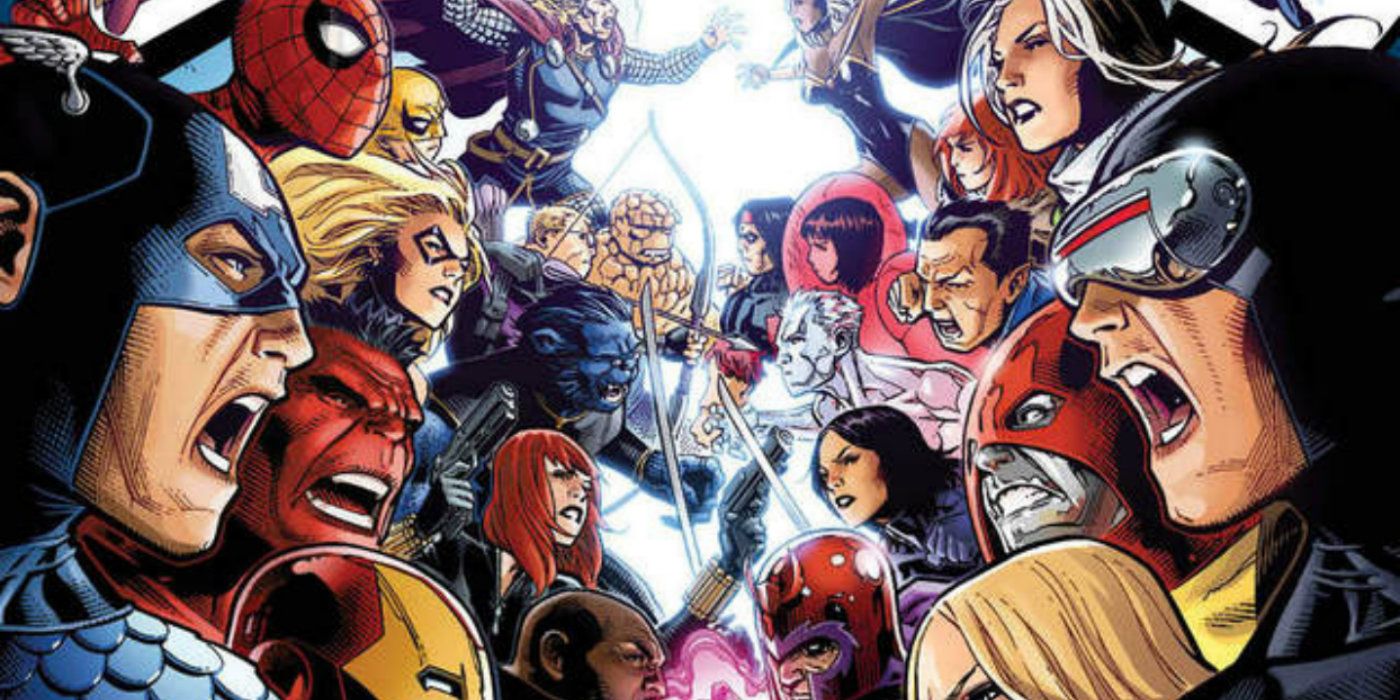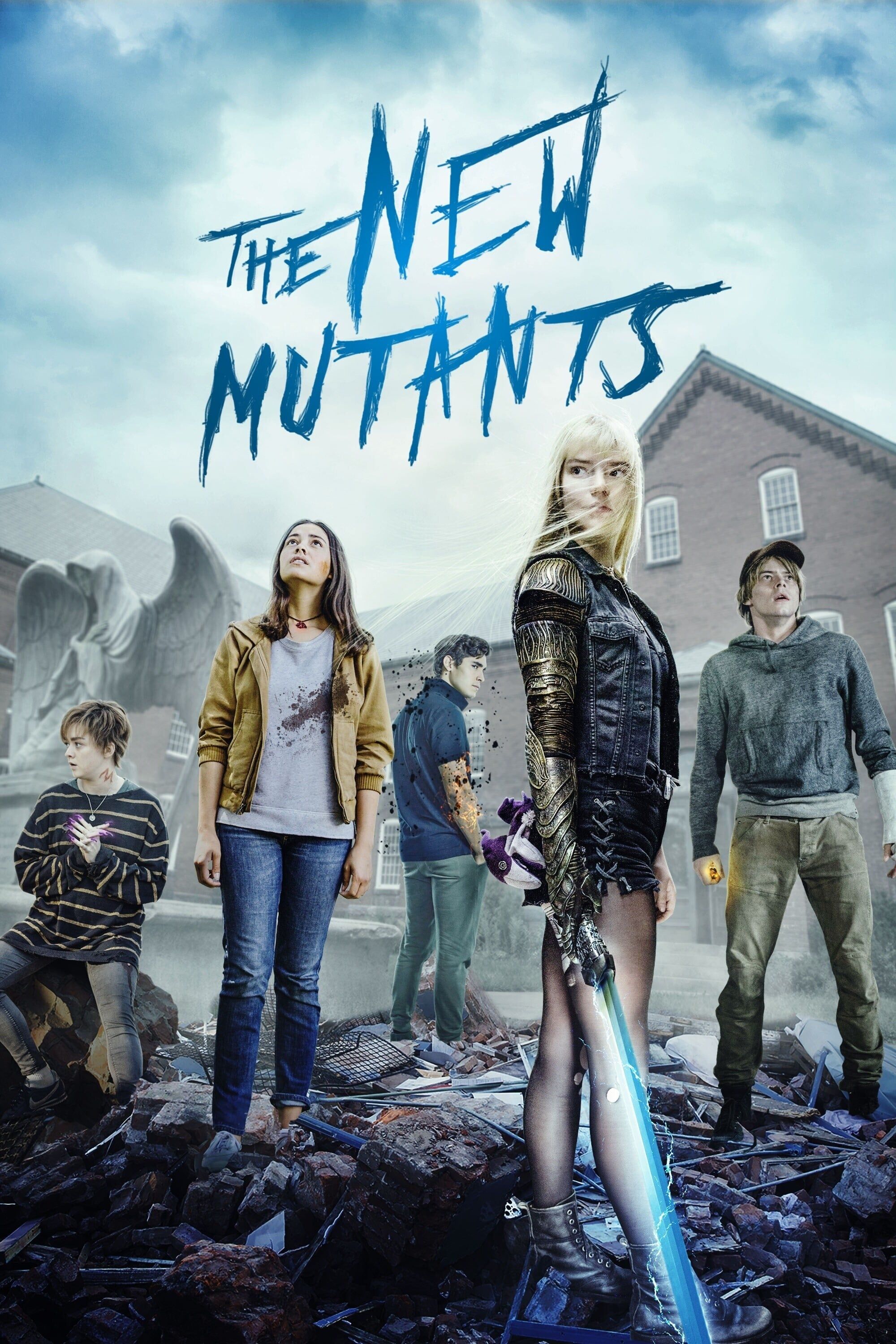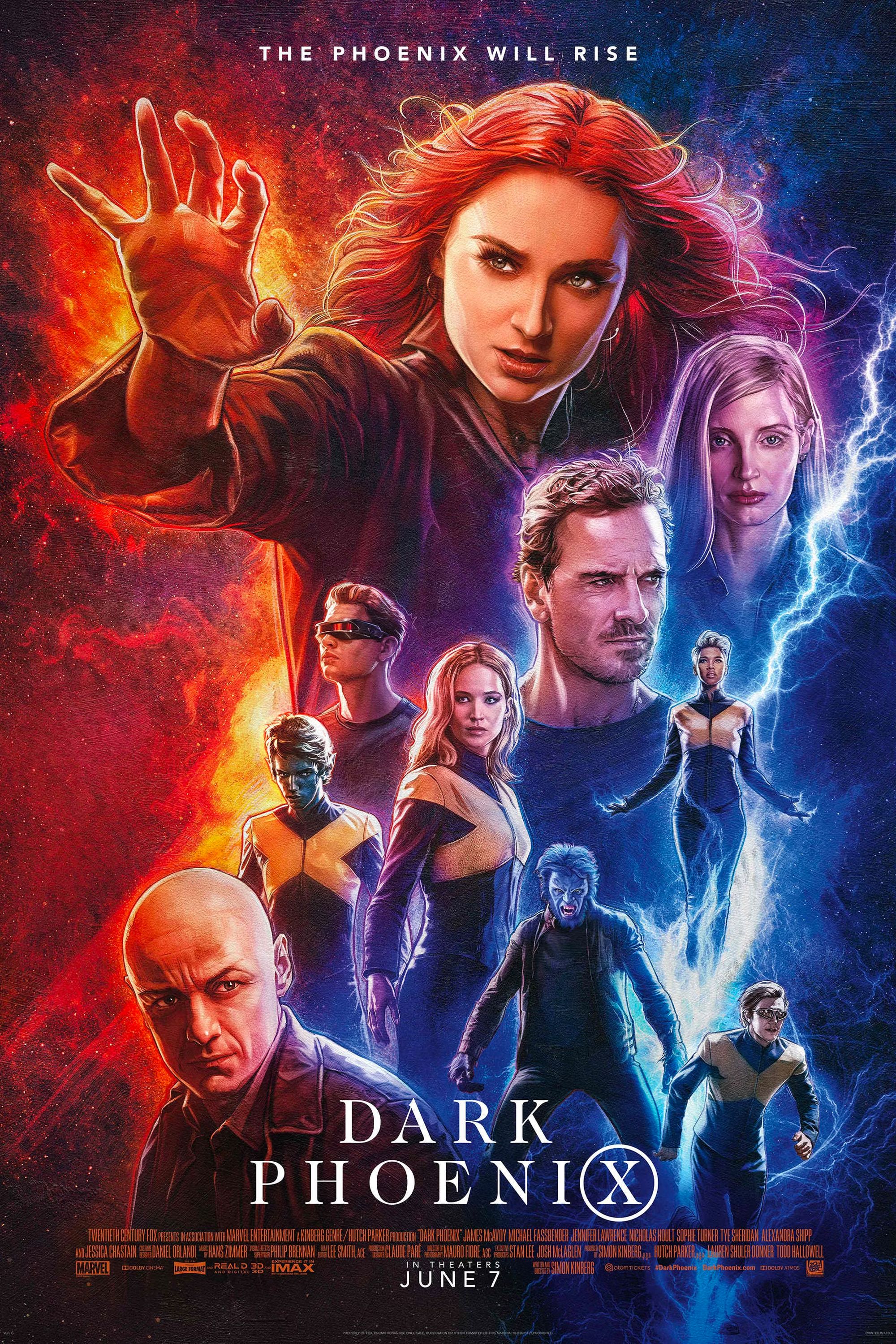UPDATE: Disney's purchase of Fox has been made official. The original article follows.
Disney and Marvel Studios acquiring the rights to X-Men from 20th Century Fox would be bad for fans of either cinematic universe. The last decade has seen a massive rise in popularity for superheroes, both in film and on TV, due in no small part part to the success of Fox's X-Men franchise and Marvel Studios' Marvel Cinematic Universe. However, as fans may already know, the movie rights for various Marvel characters are split among three major Hollywood studios. Fox owns the X-Men and Fantastic Four, while Sony holds the rights to Spider-Man and the web-slinging superhero's stable of connected characters; the remaining characters (like The Avengers, Guardians of the Galaxy, etc) remain with Marvel Studios.
The distribution of Marvel character movie rights among Fox, Sony and Marvel Studios is a complicated matter, made all the more confusing by certain anomalies - like Fox and Marvel each including Quicksilver in their respective universes, or Sony attempting to launch a Spider-Man franchise without Peter Parker. Of course, Sony's deal with Marvel to bring Spider-Man into the MCU was major because it was the first instance of two studios working together to form a more cohesive cinematic world - one that more resembles the comics. Now, with recent news that Disney was in talks to acquire Fox, it seemed Marvel Studios was one step closer to uniting all its characters in one cinematic universe (even though those talks have since ceased).
Related: Which Studios Own the Rights to Marvel's Characters?
Unlike the deal between Sony and Marvel Studios, in which the former retains the rights to Spider-Man and the hero's stable of characters, if Disney were to acquire Fox, then the rights to all X-Men characters would be under the same umbrella as The Avengers. While that means Wolverine could finally suit up with The Avengers - one of many crossovers fans have dreamed about for a number of years - Disney and Marvel acquiring the X-Men movie rights would actually be bad for fans.
What Happens to the X-Men Franchise?
Of course, the particulars of the Disney/Fox deal, while it was still being discussed, are unknown at this point. What we do know is that Fox's X-Men franchise has been, on the whole, a success - especially in recent years. Fox's first R-rated X-Men movie, Deadpool, was a massive hit in all corners; the studio followed it up with this year's Logan, another R-rated superhero outing (this time with a Western influence) not connected to the main series of X-Men movies. As a result of the franchise's recent successes, Fox has lined up three outings for 2018: Deadpool 2, a continuation of the main series in X-Men: Dark Phoenix, and the horror flick New Mutants.
Beyond these titles, Fox is also working on an X-Force film, a Gambit solo movie, and Deadpool 3 - not to mention they could be looking to continue the main series with another installment following Dark Phoenix. Plus, New Mutants director Josh Boone pitched a trilogy when he signed on for his own X-Men movie. While Fox's exact slate beyond 2018 is unconfirmed, they have quite a few movies in the works and, given the success they've seen with their releases in recent years, no real reason NOT to continue developing their X-Men franchise. Unlike the failures of The Amazing Spider-Man 2 that inspired Sony to strike their deal with Marvel Studios, Fox's recent superhero offerings have reinvigorated its X-Men franchise more than anything else.
So then, if Fox were to be acquired by Disney, what would happen to this X-Men franchise? Well, the 2018 movies would likely be released, since a deal of this magnitude would take time to finalize, but the fates of the other films would be in question. Marvel Studios may choose to scrap everything in development so as to bring the X-Men into the MCU - though that wouldn't happen until Phase 4 launches in 2019 since their movies up to that point are all planned and in various stages of development.
Of course, if the deal had gone through, Marvel may have also chosen to continue on with Fox's Deadpool-starring films (Deadpool 3 & X-Force) considering the character's popularity, perhaps keeping it separate. But whether Marvel were to pick and choose which elements of the X-Men movies they wanted to continue, or scrap Fox's superhero universe entirely in favor of starting fresh (the latter of which seems more likely considering that's what Marvel did with Spider-Man), either way the landscape of superhero movies over the next decade would be changed.
Would A Marvel Monopoly Lead to A Less Interesting Superhero Film Slate?
It's long been observed that if Marvel Studios had owned the rights to the X-Men, Fantastic Four, and Spider-Man when they launched the MCU, moviegoers never would have been treated to the likes of Guardians of the Galaxy, or solo franchises for the lower tier members of the Avengers like Thor and Captain America. Since the rights to Marvel's comic heroes have been spread out across three studios, fans have been treated to live-action versions of characters that either never would have happened or else taken a long time to come to pass if the rights had all been owned by the same studio.
Conversely, Fox's X-Men movie franchise has been around for almost two decades and evolved a great deal over that time. Because of the wealth of superhero movie competition, Fox has allowed its X-Men installments to branch out more and experiment with genre. Deadpool tapped into the character's unique blend of comedy and violence, while Logan offered a more grounded Western-influenced road trip film. Both movies were the first mainstream superhero flicks with R ratings to be released theatrically in years - and they were both successful because of that, despite the fear that an R would cut into box office totals by preventing younger audiences from catching the films in theaters.
Related: Did The Inhumans Train Wreck Inspire The Disney/Fox Talks?
After the success of Deadpool, many wondered if Marvel Studios would release an R-rated MCU movie, but studio head Kevin Feige has said on multiple occasions they have no plans for any non-PG-13 Marvel outing anytime soon. However, he changed his answer a little bit over this summer, by saying R-rated Marvel movies aren't out of the question - though that's a long way from confirmation. Still, the studio's aversion to the higher rating no doubt means a movie like Deadpool or Logan wouldn't have been produced under their oversight.
Further, the MCU is currently sitting at 17 entries and while certain installments have featured influences from other genres (Guardians of the Galaxy drawing on space operas, Captain America: The Winter Soldier on political thrillers), some have criticized Marvel Studios for many of their films feeling TOO uniform. Certainly, there's a knack to establishing and continuing a successful cinematic universe as long as they have, and it seems consistency is a big factor in that, but after nearly two decades, some viewers have grown tired with the Marvel formula.
If Disney were to acquire Fox and the X-Men movie rights, future X-Men movies would almost certainly follow the Marvel formula. While that no doubt sounds perfectly fine to many fans - especially those who have hoped to see Wolverine suit up with The Avengers - the unique and experimental movies Fox could make on their own would be lost. Rather than be treated to wildly different movies like Logan and Deadpool, Marvel Studios would likely produce films that may feel slightly different to the rest of their titles, but would still fall in line with the brand. Certainly, a lot would depend on the filmmakers Marvel would bring in for these X-Men movies, although with that said even Taika Waititi's Thor: Ragnarok, while being one of the most different MCU movies to date, is still arguably weighed down by the Marvel formula.
If we want to see the benefits of the Marvel movie rights still being spread across multiple studios, we can look to Sony's burgeoning superhero franchise, which will kick off next year with Ruben Fleischer's Venom and Gina Prince-Bythewood's Silver and Black. Although it's unclear how successful these movies will be - especially without Spider-Man and or any connection to the MCU - they are certainly films that wouldn't exist if Sony had sold their Spider-Man movie rights back to Marvel Studios. Instead, fans will get a version of Spider-Man in the MCU as well as movies focused on fan-favorite characters like Venom, Silver Sable, and Black Cat.
In the end, one of the core tenants of a successful economy is that competition is good for consumers and good for business. Because Fox, Sony and Marvel Studios are competing with each other - and, of course, Warner Bros' DC Films universe - to gain the attention of superhero fans, they're forced to think outside the box and come up with new ideas in order to sell movie tickets. The result of that competition is better movies for fans. So if Marvel Studios were to have a monopoly on the Marvel character movie rights, there'd be less competition and, subsequently, less innovation - and there's no way that wouldn't be bad for the fans.
Next: Every Movie Franchise Disney Has Bought From Fox

